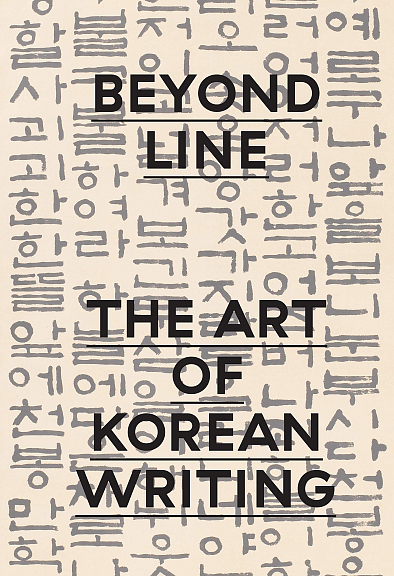-
Книги
- Нонфикшн
- Гуманитарные науки
- Деловая литература
- Естественные / Точные науки
- Книгоиздание
- Лайфстайл
- Словари / Энциклопедии
- Художественная литература
- Детектив
- Драматургия
- Классическая проза
- Мифология. Эпос
- Поэзия
- Собрания сочинений
- Современная художественная проза
- Фантастика. Фэнтези
- Биографии / Мемуары
- Графические романы / Комиксы
- Детские книги
- Воспитание. Педагогика
- Детский досуг
- О детских книгах
- Познавательная литература
- Художественная литература для детей
- Журналы / Зины
- Архитектурные
- Гуманитарные
- Журналы о моде
- Зарубежная периодика
- Искусство / Фотография
- Кино / Театр
- Лайфстайл
- Книги «Подписных изданий»
- Книги на иностранных языках
- Английский язык
- Испанский язык
- Итальянский язык
- Книги на иностранных языках для детей
- Немецкий язык
- Финский язык
- Французский язык
- Шведский язык
- Книги о кино
- Книги о музыке
- Книги о средневековье
- Книги о театре
- Книги о фотографии
- Книги об искусстве / Книги об архитектуре
- Альбомы по искусству
- Архитектура
- Декоративно-прикладное искусство
- Живопись
- Искусствоведение
- Орнаменты
- Прочее
- Танец
- Татуировка
- Творческое развитие
- Книги по философии
- Кулинарные книги
- Николай Солодников рекомендует
- Предзаказ
- Про дизайн / Про моду
- Путеводители / Книги о путешествиях
- Канцелярские товары
-
Подарки
- Брошки и значки
- Гирлянды
- Закладки
- Игры
- Календари
- Наклейки
- Наши сувениры
- Открытки
- Всякие-разные
- Наборы открыток
- Поздравления
- Про любовь и другие хорошие чувства
- С писателями и поэтами
- С цветами, овощами и фруктами
- С цитатами и другими фразами
- Подарочные сертификаты
- Постеры
- Прочее
- Сумки и шоперы
- Упаковка
- Подарочные сертификаты
Адрес магазина: Санкт-Петербург, Литейный пр., 57
Beyond Line: the Art of Korean Writing
| Автор | |
|---|---|
| Издательство | Prestel |
| Год издания | 2019 |
| Переплет | Твёрдый |
| Страниц | 432 |
| Формат | 225x325 мм |
| Язык | Английский |
| ISBN | 978-3-79135814-7 |
| Артикул | 1121696 |
Offering an extraordinary window into Korean culture, this magnificent volume brings a multidisciplinary approach to the history of Korean writing from the earliest texts from the Three Kingdoms period to its use in contemporary art. Beyond Line discusses the social and cultural conditions that led to the creation of calligraphic works by a wide range of people, including kings, queens, scholar-officials, painters, monks, and even slaves. It also explores the variety of materials employed in the creation of the art from paper, ink, and bamboo to ceramics, silk, and metal. In addition, it looks at how calligraphy was used both to maintain Korea's historical class structure and, as literacy spread, to incite social change for women, merchants, and other segments of society. The authors explore how the invention of the hangeul phonetic script led to a more global identity for Korea, and how this script continues to shape contemporary art and design. Beyond Line illuminates the beauty, strength, and historical significance of calligraphy in Korean culture.
Подписка на рассылку
Раз в месяц будем присылать вам обзоры книг, промокоды и всякие-разные новости




